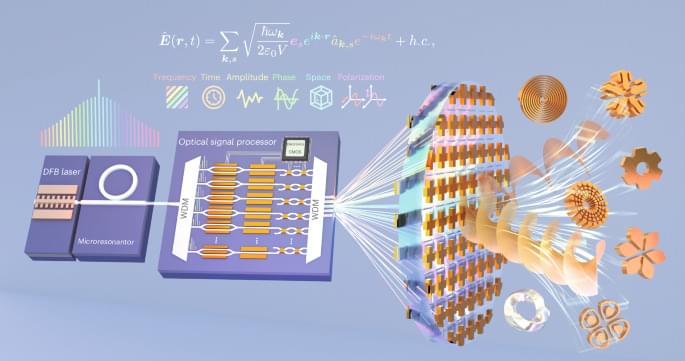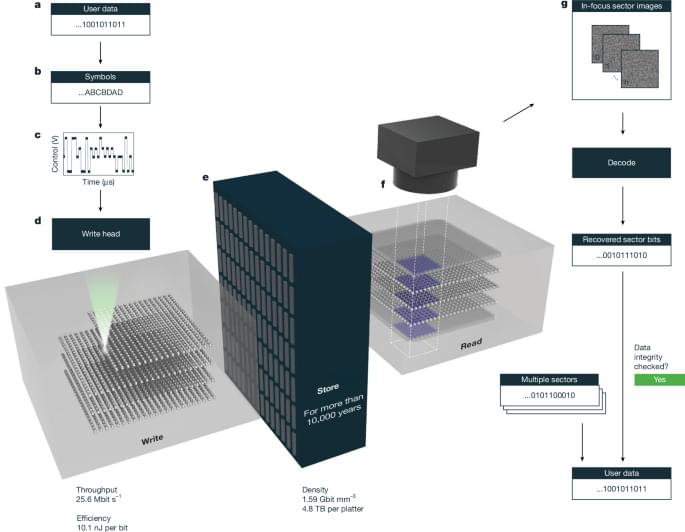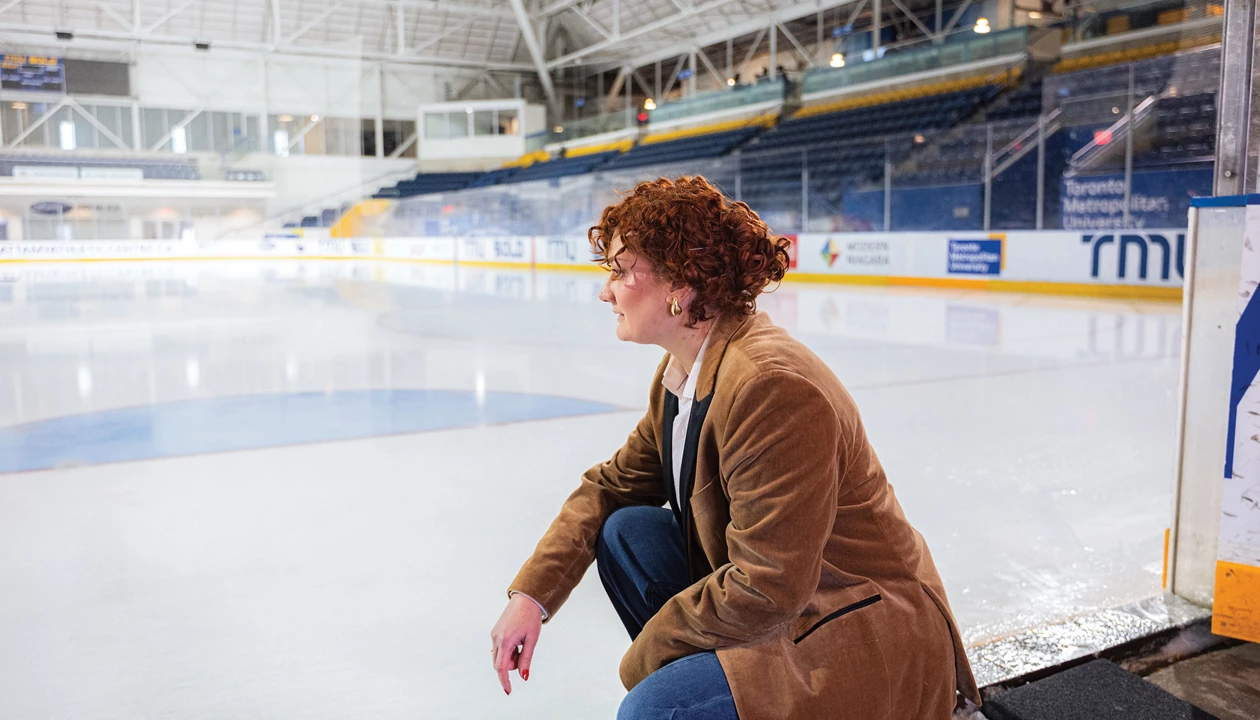There is an art project to display every possible picture. The project admits this will take a long time, because there are many possible pictures. But how many? We will assume the very common color model known as True Color, in which each pixel can be one of 224 ≅ 17 million distinct colors. The digital camera shown below left has 12 million pixels. We’ll also consider much smaller pictures: the array below middle, with 300 pixels, and the array below right with just 12 pixels. Shown are some of the possible pictures:
12,000,000 pixels 300 pixels 12 pixels.
Quiz: Which of these produces a number of pictures similar to the number of atoms in the universe?
Answer: An array of n pixels produces (17 million)n different pictures. (17 million)12 ≅ 1,086, so the tiny 12-pixel array produces a million times more pictures than the number of atoms in the universe!
How about the 300 pixel array? It can produce 102,167 pictures. You may think the number of atoms in the universe is big, but that’s just peanuts to the number of pictures in a 300-pixel array. And 12M pixels? 1,086,696,638 pictures. Fuggedaboutit!
So the number of possible pictures is really, really, really big. And the number of atoms in the universe is looking relatively small, at least as a number of combinations.
On counting combinations People often underestimate the number of combinations of things. I think there are two main reasons: Combinations of things are multiplicative, while collections of things are additive. If you see a line of 6 people, it is easy to visualize a line of 60 people—it is ten times longer. But even if you know that there are 720 different orderings (permutations) in which those 6 people can line up, there is no way you can visualize the number of orderings for 60 people, because it is—you guessed it—larger than the number of atoms in the universe. Big numbers are hard. Even with simple collections of things, it takes practice to get a real intuition for the difference between 6 million and 6 billion people. When it comes to combinations, growth is faster and therefore intuition fails earlier. Authors are sloppy. Doug Smith reports that the New York Times confused “million” and “billion” over a dozen times per year; other sources also make similar mistakes. See the book by Unix co-creator Brian Kernighan for more on this. So beware, and be sure to use some simple math to augment your intuition when dealing with combinations.









